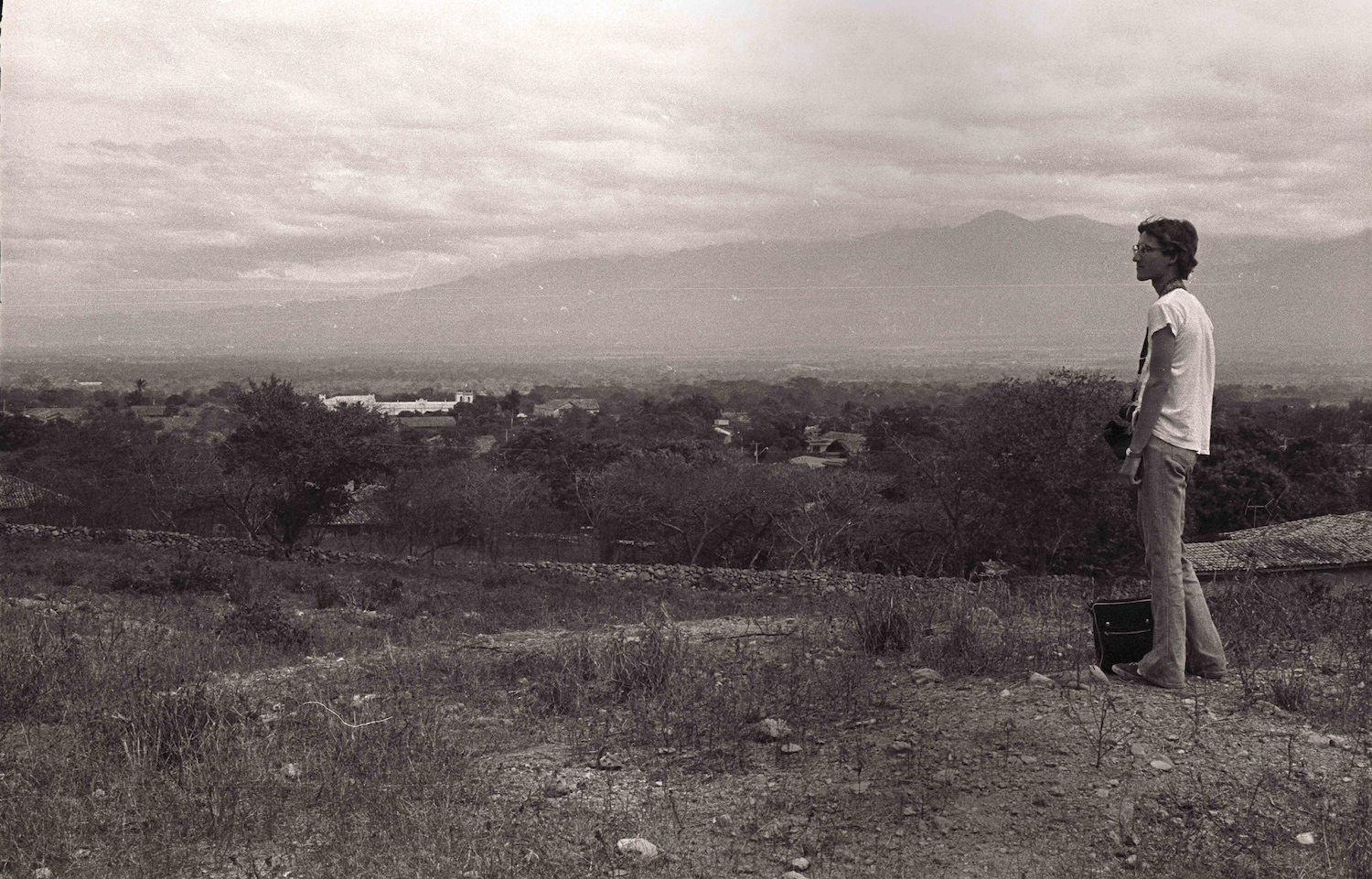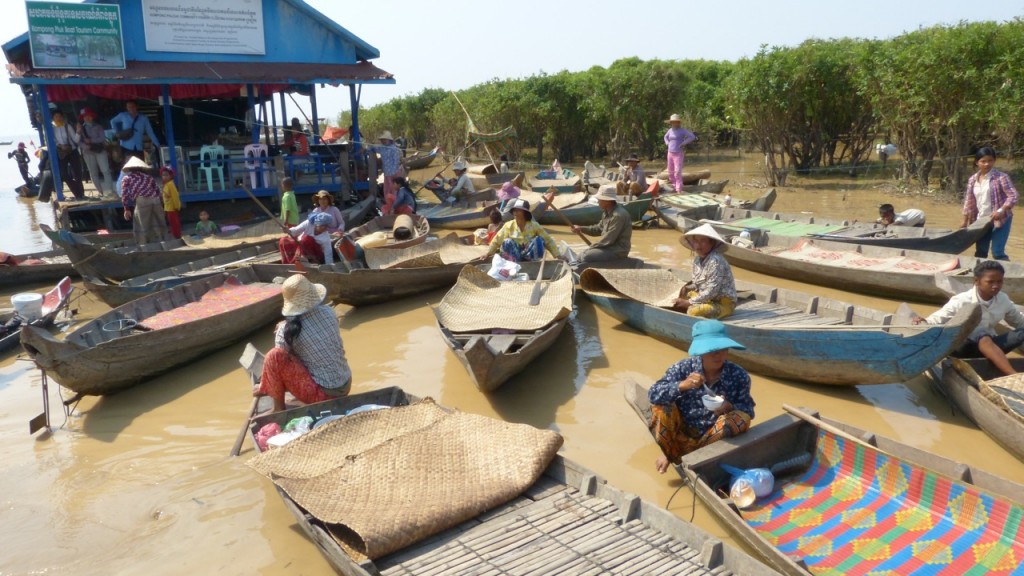The Early Years series offers a glimpse into SST’s rich history through interviews with key players in SST’s creation and beginning decades. Part I was with Hank Weaver, who was on the planning committee for SST. For the second installment, we spoke with Norman Kauffmann of Goshen, who spent years studying the effects of SST on students for a dissertation and book.
Norman Kauffmann had never been abroad. When he came to the city of Goshen in 1969, SST’s first students were just unpacking their suitcases. No one could predict what the trips would bring. Kauffmann hadn’t even heard of the program. But by the time he retired from his position as dean of students in 1997, he was an expert in cross-cultural experience – as both a leader and an author.
Each semester, Kauffmann would watch groups of sun-burned, jet-lagged students arrive home from three months abroad and wonder what they were thinking. He observed they were different – often in monumental ways – but couldn’t pinpoint how. After he led three terms in Honduras, felt and experienced a new culture up close, his intrigue grew.
When he began doctoral work at Indiana University in 1978, a dissertation advisor suggested documenting the different ways a private Christian college and a state university changed people. Kauffmann would focus on change, he agreed, but not at home—he would study what happened when people left familiar borders.

